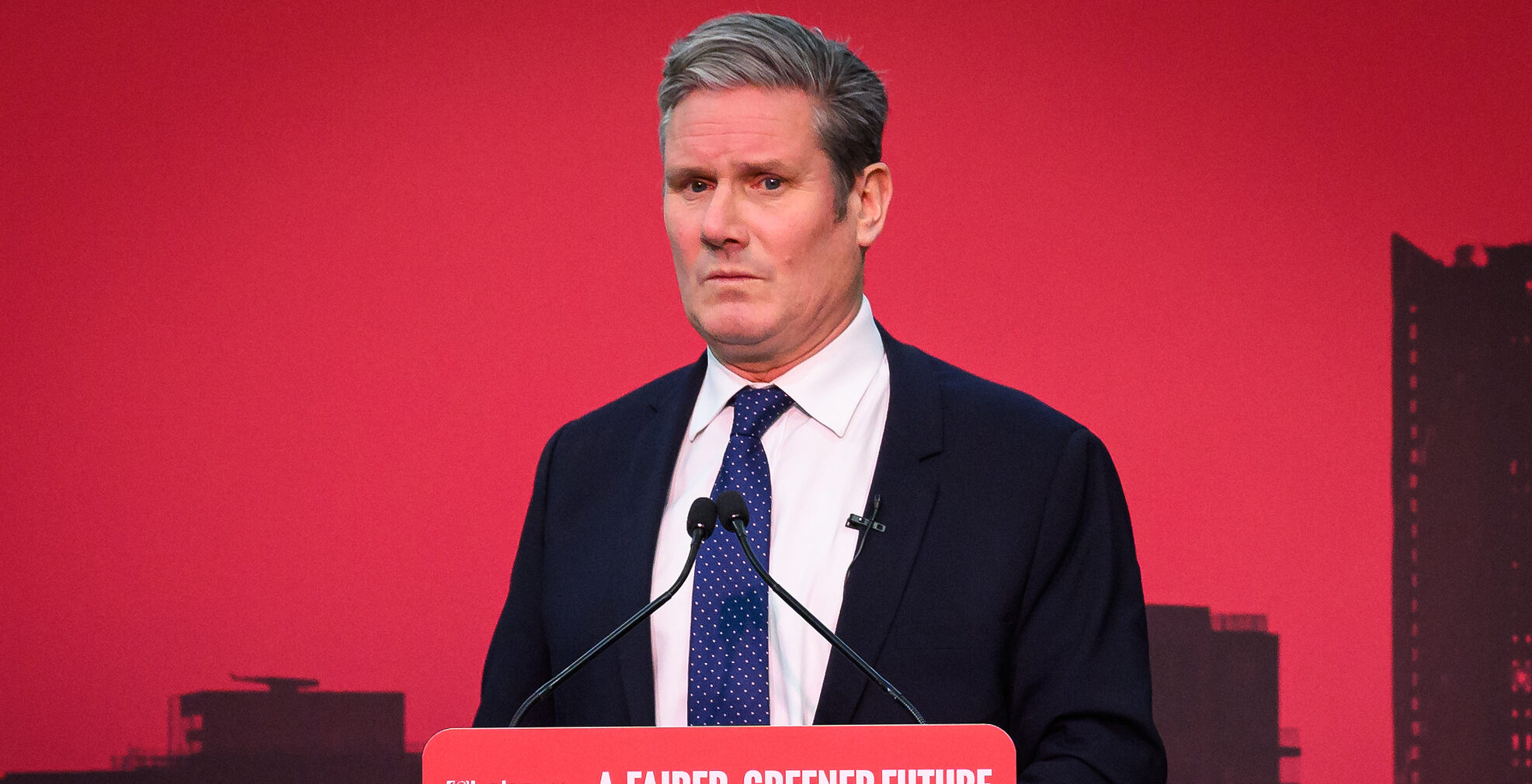Sir Keir Starmer has announced that a new Labour government would scrap the Rwanda scheme “straight away”. At an event in Dover with the recently defected local MP Natalie Elphicke, Starmer said he would use the money saved from scrapping the scheme to hire extra investigators and other border agents.
The idea behind the Rwanda scheme is to make Britain an exceedingly unattractive place to seek asylum compared to its closest European neighbours. Many asylum seekers leave France or the Netherlands for a better life in the United Kingdom. The Rwanda scheme, in effect, says that their choice is not between life in France or Britain but between France or Rwanda. Even if not everyone who crosses into Britain will be sent to Rwanda, the small possibility of being sent there might be so unattractive as to discourage crossing over from France.
It is too early to draw firm conclusions on the effectiveness of the scheme, but some reporting, albeit largely anecdotal, has indicated that the policy is already having an effect.
Sky News reported that some asylum processing centres in Britain are getting quieter. A young man from Somalia told a reporter that “the people are scared of Rwanda”, and were trying to evade deportation. In another report by LBC, a Syrian man who arrived in the UK via a small boat in 2022 said some of his friends were “trying to go to Dover to go again to Europe” to avoid being ensnared in the scheme.
In Ireland, the scheme has been widely blamed for recent entries of irregular migrants across the border from Northern Ireland. The country’s Justice Minister said that the vast majority of these arrivals were fleeing the UK due to the Rwanda scheme. In a recent poll, 72% of Irish respondents believed this to be the case. Consequently, a majority of the Irish public have called for border checks between Northern Ireland and the Republic. Even 52% of Sinn Fein voters in the Republic want there to be checkpoints on the border with Northern Ireland to deter migrants.
These — still preliminary — data suggest a powerful psychological effect of the scheme, which in effect is what a deterrent is meant to be. A nuclear deterrent is not deemed ineffective because it is hardly ever deployed — quite the contrary. There don’t need to be all that many deportations to Rwanda for the scheme to make an impact.
Keir Starmer’s proposed alternatives to Rwanda wouldn’t have the same psychological effect. Starmer promises better, quicker, and more competent processing of asylum claims. But the fundamental difference is that such claims under Labour would be processed in Britain. The last Labour government recognised the psychological effect of offshore asylum processing, with then Home Secretary David Blunkett calling for such a scheme for the whole EU.
It is understandable why Starmer has said he will scrap Rwanda. It has attracted a high level of negative publicity over the last two years, not least due to the judicial interventions deeming it unlawful. It is unpopular with Labour supporters. It has attracted criticism for violating the principle of processing asylum claims in the country of arrival.
Nonetheless, immigration is of high public salience. The Channel crossings can lead to horrific human tragedies. Starmer’s speech recognised that there was intense public anxiety over the issue. Immigration and asylum have also been a long-running area of policy weakness for Labour from the perspective of voters, though its reputation has recently improved.
For the last couple of years, the Rwanda scheme has been theoretical due to being bogged down in the courts. In breaching the norm that asylum claims be processed in the country of arrival, it was condemned for violating human rights.
Now, the scheme is real, and its impact will be measurable. It is quite possible the scheme will be a complete failure. But there is also a chance that it could act as a deterrent, at least in part. If the scheme is (somewhat) effective on these terms, then scrapping it immediately could be politically difficult.
I suspect that Starmer’s team recognises this. There are rumours that they are exploring using off-shore migrant processing — if not in Rwanda, then perhaps somewhere else. Starmer has a reputation for not keeping his promises, to put it mildly. So, it’s eminently possible that he could bring about a plan that looks much more like the Rwanda scheme than Labour activists expect.











Join the discussion
Join like minded readers that support our journalism by becoming a paid subscriber
To join the discussion in the comments, become a paid subscriber.
Join like minded readers that support our journalism, read unlimited articles and enjoy other subscriber-only benefits.
Subscribe